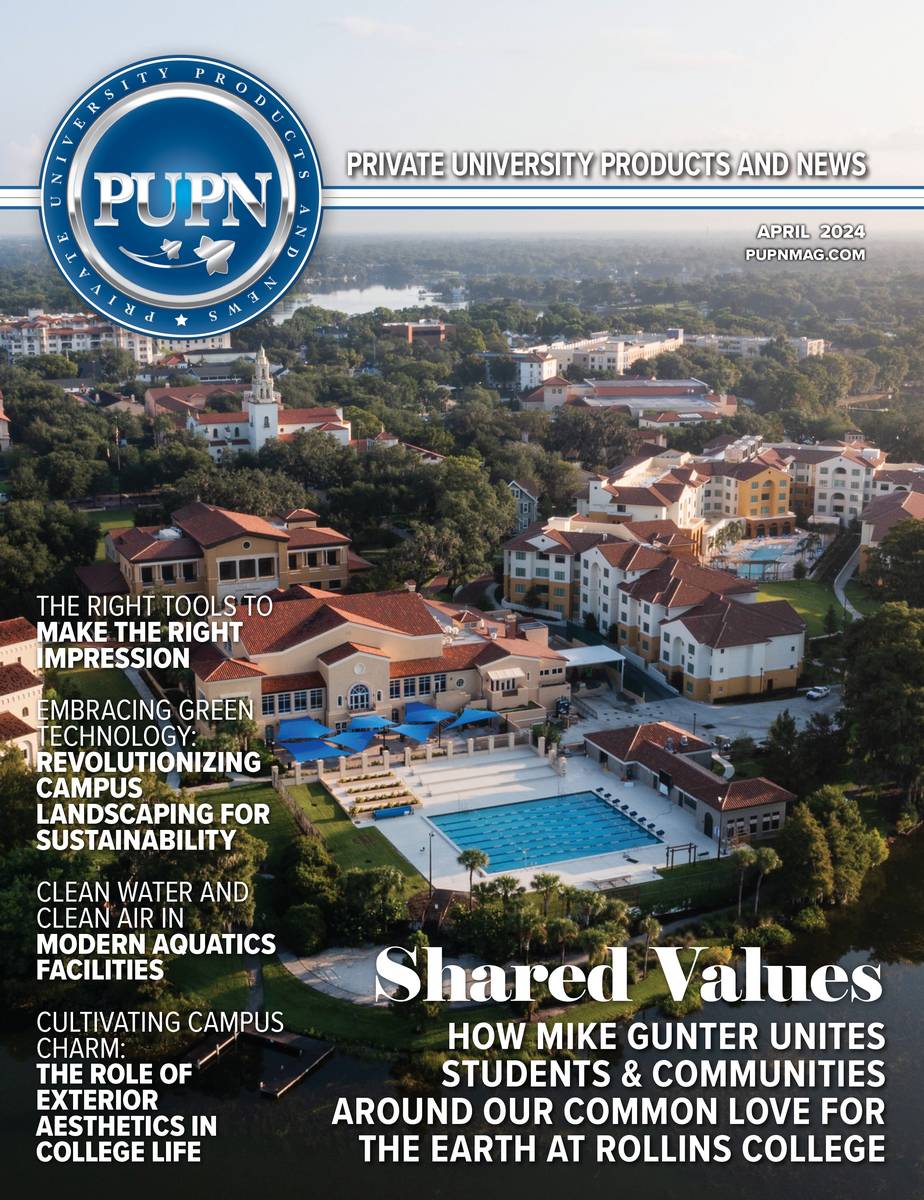In addition to serving as a longtime consultant for College Board and in leadership roles for the Executive Council of the World History Association, he regularly invites students to his home, where they can cook in his commercial-grade kitchen while discussing the many connections between food and history.
Working in the Mud
Warner is highly involved in campus life, producing soups for the monthly Social Science Colloquium, serving as Secretary to the Faculty, and working with student groups such as Alpha Phi Omega, International Programs, and Unidos Por Sangre. These opportunities to work so closely with his students is one of the most powerful benefits for smaller private colleges, Warner believes, where the level of student-teacher engagement is unmatched. In this environment, he explains, students have mentors and teachers who help them navigate their life away from home.
Additionally, he finds that smaller campuses and more tight-knit classes make “people hold each other accountable,” while encouraging students to support each other. He adds, “They’re all in the mud together.” Students are told honestly what types of challenges are ahead, but instead of feeling isolated and overwhelmed, they build their team and say, “Bring it, man.”
It’s like they are in the army together, he adds, though pointing out that analogy might be an unusual one for him, as a Quaker. The point is this: They have each other’s backs and help them stay on their feet. That’s also the mark of good chefs, he adds, that they “know how to stay on their feet.”
And it’s not just the students who provide support to one another—it’s the Wabash College professors, staff, and coaches. “There’s a lot of hands in there,” Warner adds, “keeping you from falling in the cracks.”
Mental health, especially for young males, is at a tipping point right now. He notes that the male suicide rate is at a peak, and—in our culture—many young men aren’t trained to talk about their feelings or encouraged to talk about their insecurities. “In a small place,” he explains, “I can get some traction on it.”
Cooking in the Blood
Because he believes chit-chat is always easier in a kitchen, he’s found a way to blend the academic and the personal. Warner’s home is across the street from the college, so—with the endorsement of his wife (a fellow chef and educator)—he developed a commercial-grade kitchen and a space where they could work in small groups to cook and eat something together that connected to their studies.
In discussing the ways cultures became interconnected in the food being produced in the area, the meals become “a metaphor for the fusion of peoples in Latin America.” Additionally, he explains, cooking is “still in his blood.” Thus, he incorporates food into the Liberal Arts in a variety of ways—not just in the history or origins of particular dishes, but also the chemistry of food or the psychology of food.
He wants to use the language of cooking, and an understanding of the multi-cultural influences on dishes, to help his students develop empathy. Since Warner has long believed the adage that students remember ten percent of what they read but ninety percent of what they experience, he’s sought ways to immerse students in their studies in an experiential, hands-on way more likely to engage them at multiple levels. Because Wabash is an all-male school, Warner also teasingly notes that he’s proud of teaching “a lot of men how to cook.”
Alumni-Funded Immersion Trips
Warner helped develop Wabash’s immersion learning program, and has taken classes on trips around the world, including two-week immersions in Kenya. He’s teaching a class now about the history of Mexico City which will culminate in a week-long field trip in Mexico City.
While it’s not unusual for private university students to participate in academic travel, what is unique is the way these trips are funded. The college has made a long-time commitment to serving students of all economic backgrounds, and they see there’s a “lot of social value to this.”
Though students are responsible for their food expense, passports, and shots, everything else is funded by the college and Wabash College alumni. Warner states, “The learning that comes out of this is just amazing.”
Empathy and Kitchen Tricks
Jose Herrera has been a student in several of Warner’s classes and gone on immersion trips to Mexico and Kenya with him; Warner is also the godfather for Herrera’s daughter. Herrera shares, “Of the few key people that shaped my education and personal growth, Dr. Warner stands out. He has an uncanny ability to connect with people of all shapes and flavors, reflective of the multifaceted characteristics of his identity as a Quaker, chef, intellectual, educator, advisor, friend, husband and father. He inherently understands that he has the ability to help shape the community and the individuals within it.”
Hai Nguyen was a student in the food tutorial and has helped Warner with food research; he also taught Warner to make pho. When he first arrived in the U.S. six years ago to attend Wabash, Hai notes how homesick and alone he felt. His first class was Warner’s “Food and Liberal Arts,” where he learned a great deal and—even more importantly—made an important connection to an educator who impacted the rest of his life.
He recalls a morning that he was late for class because he’d stayed up late talking to his parents back home. When class ended, he apologized to Warner, and he worried he had made a poor initial impression with his tardiness. Warner invited Hai back to his office for a chat. As Hai described how much he was struggling with homesickness, he remembers Warner saying simply, “It’s okay, Hai, I understand.”
Hai remembers how emotional he felt in that moment. “Throughout my time at Wabash College, Dr. Warner really took me in, and other students as well. He created a very welcoming atmosphere in the classroom. We, as his students, really enjoy listening to his story about being a chef, cuisine around the world, and most of all, working with him in his kitchen,” Hai notes. He also still shows off a kitchen trick Warner taught him—breaking an egg with one hand—whenever he has an opportunity to impress people in a kitchen.
Bringing the World to His Students
Warner describes Dr. Derek Nelson, Chair of Religion, as his “best faculty friend on campus, co-host of parties, and great sausage-maker.” The admiration is mutual. Nelson calls Warner a “champion for his students” and a treasured colleague who “brings the world to his students.”
“In his kitchen, at his table, and in his classroom, there is an emphasis on the student receiving some kind of information or flavor or document from across the globe and across the centuries,” Nelson explains. What he most loves about his friend is that he will push students to think for themselves about how “that new input from a global source is going to get cataloged, filed and interpreted in the student’s own mind.”
The student can ask himself if the first-person account he read confirms previous assumptions, or calls them into question; Warner isn’t pushing for a particular stance either, Nelson adds—he is just challenging the student to confront his own worldview. “He does so with such hospitality and warmth that students are not defensive,” Nelson adds, “but open and searching.” Nelson explains that Warner also brings students to the world.
When he and Warner took a group to Germany during a course on the history of Reformation, Nelson recalls that as the afternoon lecture wrapped, a student asked Warner what he planned to do with his downtime. Warner joked that he’d wait to see which direction the students went, and he would head the other way. “This was not to try to get away from the group—far from it,” Nelson adds. “Rick just wants students to get out of their comfort zone and experience the wide world in new ways.”










